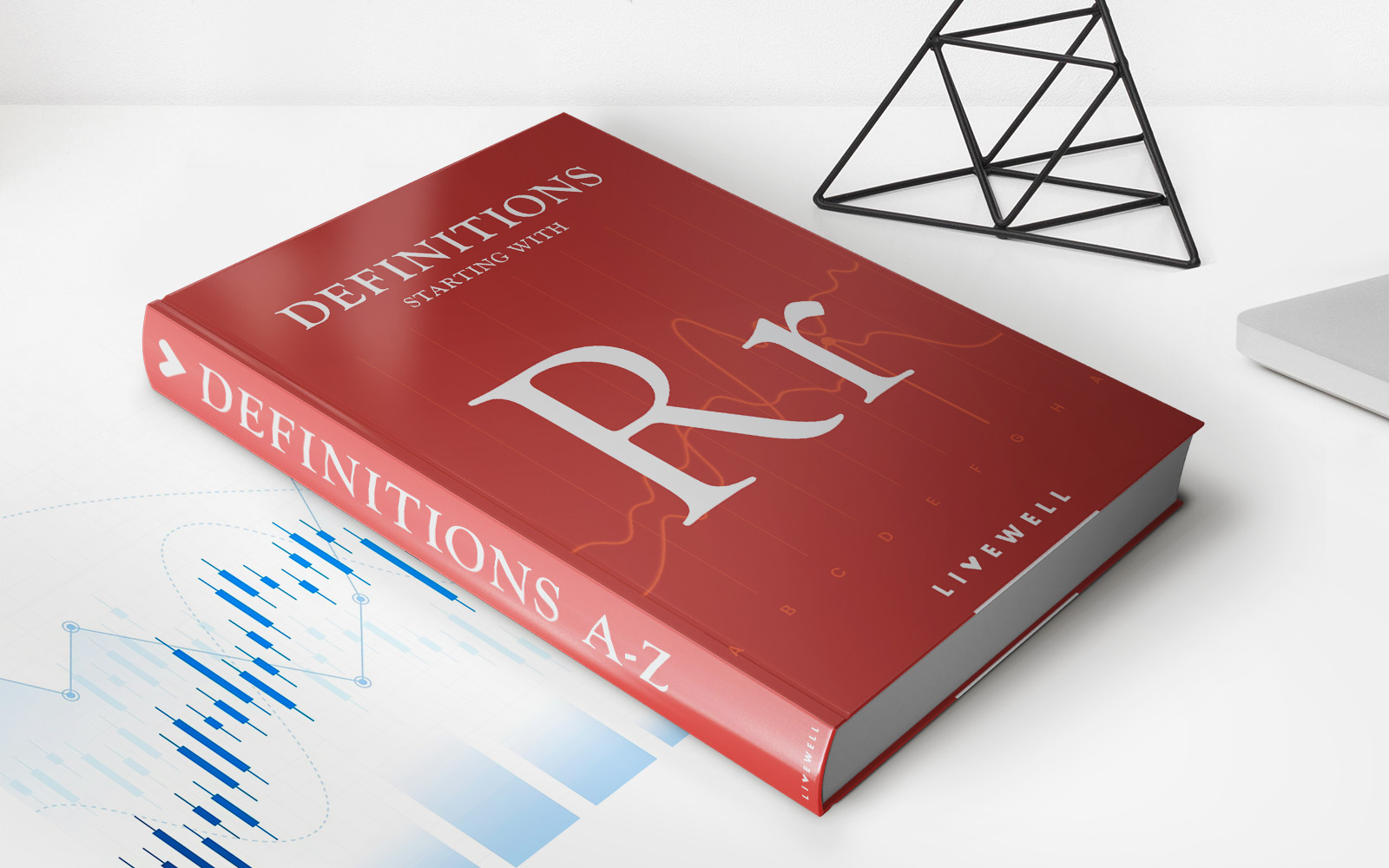Home>Finance>Controlled Foreign Corporation (CFC): Definition And Taxes


Finance
Controlled Foreign Corporation (CFC): Definition And Taxes
Published: November 2, 2023
Learn about the definition and tax implications of a Controlled Foreign Corporation (CFC) in the world of finance.
(Many of the links in this article redirect to a specific reviewed product. Your purchase of these products through affiliate links helps to generate commission for LiveWell, at no extra cost. Learn more)
Understanding Controlled Foreign Corporation (CFC): Definition and Taxes
When it comes to your personal or business finances, it’s essential to have a solid understanding of the various terms and regulations that may come into play. One such term that you may have encountered is “Controlled Foreign Corporation” or CFC. In this article, we will delve deeper into the definition of CFCs and explore their tax implications.
Key Takeaways:
- A Controlled Foreign Corporation (CFC) is a foreign corporation in which more than 50% of the total combined voting power or value is owned by U.S. shareholders.
- CFCs are subject to specific tax rules in the U.S. to prevent tax evasion and ensure the taxation of certain types of passive income.
What is a Controlled Foreign Corporation (CFC)?
A Controlled Foreign Corporation (CFC) is a term used by the Internal Revenue Service (IRS) to classify a foreign corporation that is majority-owned by U.S. shareholders. To be classified as a CFC, more than 50% of the total combined voting power or value of the corporation must be owned by U.S. shareholders.
CFCs can take various forms, such as subsidiaries, affiliates, or even partnerships, as long as they meet the ownership criteria. The primary goal of identifying and classifying CFCs is to prevent tax evasion strategies commonly utilized by U.S. taxpayers through the use of offshore entities to defer or avoid taxes.
Tax Implications of Controlled Foreign Corporations (CFCs)
The IRS has specific tax rules in place for CFCs to ensure that certain types of passive income earned by these foreign entities are subject to U.S. taxation. The primary tax provision governing CFCs is known as the Subpart F rules.
The Subpart F rules require U.S. shareholders of CFCs to include in their taxable income the pro-rata share of certain types of income earned by the CFC, regardless of whether the income is distributed to shareholders or not. These income types typically include passive income such as dividends, interest, royalties, rents, and gains from the sale of certain assets.
In addition to the Subpart F rules, there are also anti-deferral provisions like the Global Intangible Low-Taxed Income (GILTI) regime, which further aims to prevent the accumulation of untaxed income in CFCs. Under the GILTI regime, U.S. shareholders are required to include in their taxable income a portion of the CFC’s income exceeding a certain threshold.
Conclusion
Controlled Foreign Corporations (CFCs) are foreign corporations majority-owned by U.S. shareholders. These entities are subject to specific tax rules in the U.S., such as the Subpart F rules and the GILTI regime, to prevent tax evasion and ensure the taxation of certain types of passive income.
Understanding the concept of CFCs and their tax implications is crucial for individuals and businesses engaged in international financial activities. If you have concerns or require expert advice on managing CFC assets or complying with tax obligations, it is recommended to consult with a qualified tax professional.














